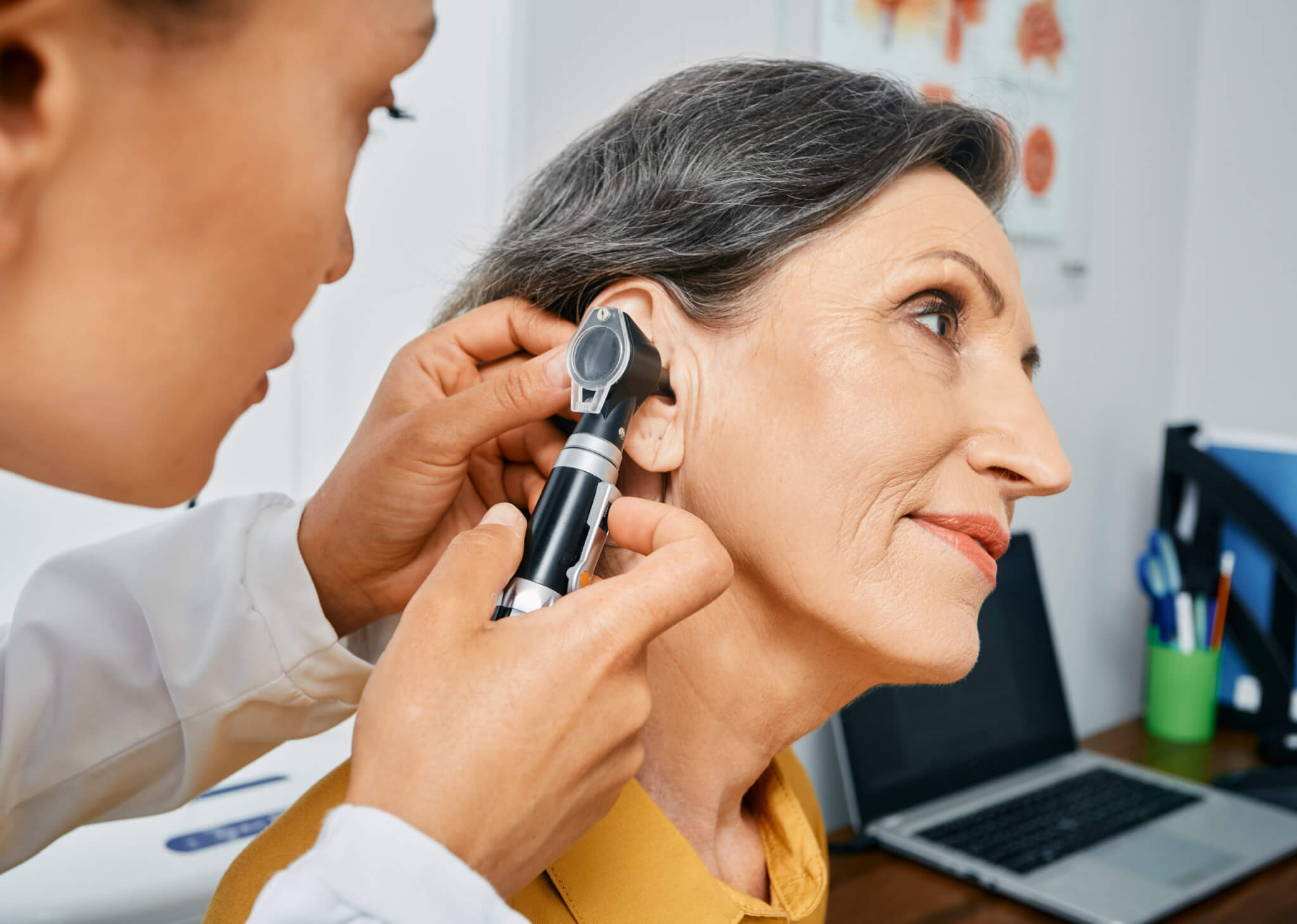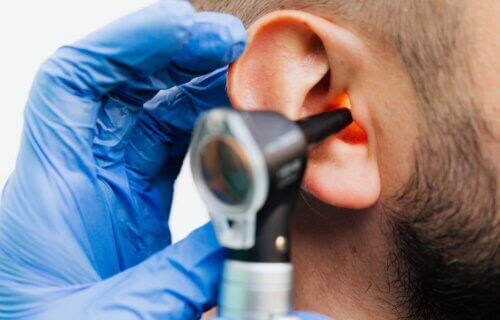PITTSBURGH — We’ve all experienced that ringing feeling in our ears after a loud concert or construction work. For some, the effects are temporary; for others, the hearing damage is permanent. Now, new research from the University of Pittsburgh School of Medicine has uncovered the molecular mechanism behind noise-induced hearing loss, pointing to possible treatment options. That includes a potentially game-changing over-the-counter medication that’s now under development.
Researchers at the University of Pittsburgh say they are testing a drug that has the potential to reverse hearing impairment due to loud noise and also offer protection against future damage.
The researchers identified that noise-induced hearing loss is a result of cellular damage in the inner ear, linked to an excess of free-floating zinc — a mineral crucial for cell function and hearing. They discovered that medications acting as molecular sponges to absorb excess zinc can either recover lost hearing or, when used preemptively, can safeguard against hearing loss.
“Noise-induced hearing loss impairs millions of lives but, because the biology of hearing loss is not fully understood, preventing hearing loss has been an ongoing challenge,” says Professor Thanos Tzounopoulos from the Pittsburgh Hearing Research Center, in a media release.

While noise exposure is common – from battlefield explosions to jackhammers to rock concerts – the impacts on hearing can be severe. The cellular damage causes not only muffled sounds but also phantom noises like ringing or buzzing, a condition called tinnitus. This constant distraction severely diminishes quality of life for those impacted.
The research involved studying the inner ear cells of mice. Scientists exposed mice to loud noise fittingly resembling the sounds at a loud rock concert. They found that hours after exposure, zinc levels in the inner ear spiked dramatically, leading to cellular damage and impaired cell communication.
Zinc is an essential mineral for many cellular functions, including hearing, but excess zinc is toxic. The flood of zinc after noise exposure causes cells in the inner ear to start dying and disrupts their usual channels of communication.
Fortunately, mice treated with a slow-releasing compound that captures excess free zinc showed reduced susceptibility to hearing loss and were shielded from noise-induced damage. Mice given this slow-releasing zinc “sponge” before or after noise exposure didn’t suffer nearly as much cellular damage or hearing loss as their untreated counterparts. This breakthrough suggests a potential strategy for addressing hearing loss and lays the foundation for the development of effective, non-invasive treatments.
The researchers are optimistic about further testing this treatment, aiming to make it accessible as a straightforward, over-the-counter option for individuals seeking to prevent hearing loss.
For those already struggling with hearing impairment or tinnitus, the study also brings optimism for future treatment options targeting zinc regulation in the ears. Still, Tzounopoulos says, the best approach is prevention.
The study is published in the journal Proceedings of the National Academy of Sciences.
You might also be interested in:
- Massive Global Study Warns Gamers At Much Higher Risk Of Hearing Loss, Tinnitus
- Stem cell breakthroughs closing in on treatment to reverse hearing loss
- Study challenges long-held theories about human hearing
- ‘Love hormone’ oxytocin may save brain from Alzheimer’s disease
-
Smelling happiness: Familiar scents may help treat depression

Pick me. Pick me.
So, what is the name of the drug?
TPEN, which as far as I can figure out, is not over the counter. Its also implicated in hearing loss and poor development of hearing cells so it’s not that straightforward. I don’t have access to the study itself, but was able to glean the information from supplemental data that is publicly available. Which isn’t linked to in the article so it took some searching.
No offense publisher, but this article is poor scientific journalism. Misleading information, no linking, and the study was only in mice and only seems to work for specific hearing loss if administered at just the right time. In mice. Which rarely translates to humans.
My guess is that either because TPEN appears to be a laboratory chemical not regulate the same as a prescription medication or because it chelates zinc, that someone involved in the study opined “maybe it could lead to an otc treatment for acute, noise induced hearing loss!” And chatgpt – er, I mean the journalist just ran with that rather than understanding the real findings of the study.
Exactly. Very poor article. Stupidly nonscientific. Chat scores one more nonessential data point.
Hope for millions…!
I HATE MY HEARING AIDS!!! I never wear them!
I also hate my hearing aids, but I use must them during all waking hours.
Try apple AirPods Pro; depending on the type and severity of hearing loss, they may be a better, more comfortable and discrete option. They have ambient noise dampening and amplification along with conversation boosting. Some people prefer them to traditional hearing aids, though you will need an apple iPhone to control the settings.
I am very happy to hear about this study .I can’t wait to get a hold of the over the counter drug my life has been up side down since my hearing loose.Thank you Oscar Navarro
This will never move forward. The hearing aid manufacturer’s would lose billions of dollars from their $65 dollars to manufacture hearing aids that they are selling for over $5,000 dollars. Dont hold your breath
I have sound caused hearing loss (airbag deployment) along with tinnitus since my car accident 2 and a half years ago. I would give anything to live in silence again. Hopefully this will be available soon. I can’t imagine those that have had to suffer for decades.
Are they taking volunteers for clinical trials yet?
Jack Hammer ruined my hearing. I hate my hearing aid because it stops working alot.
Would love to know name of this over the counter drug Thank you.